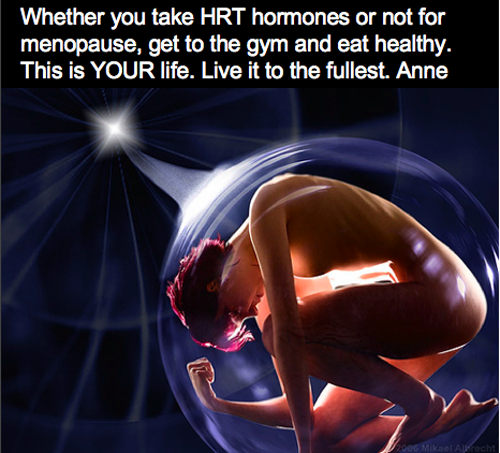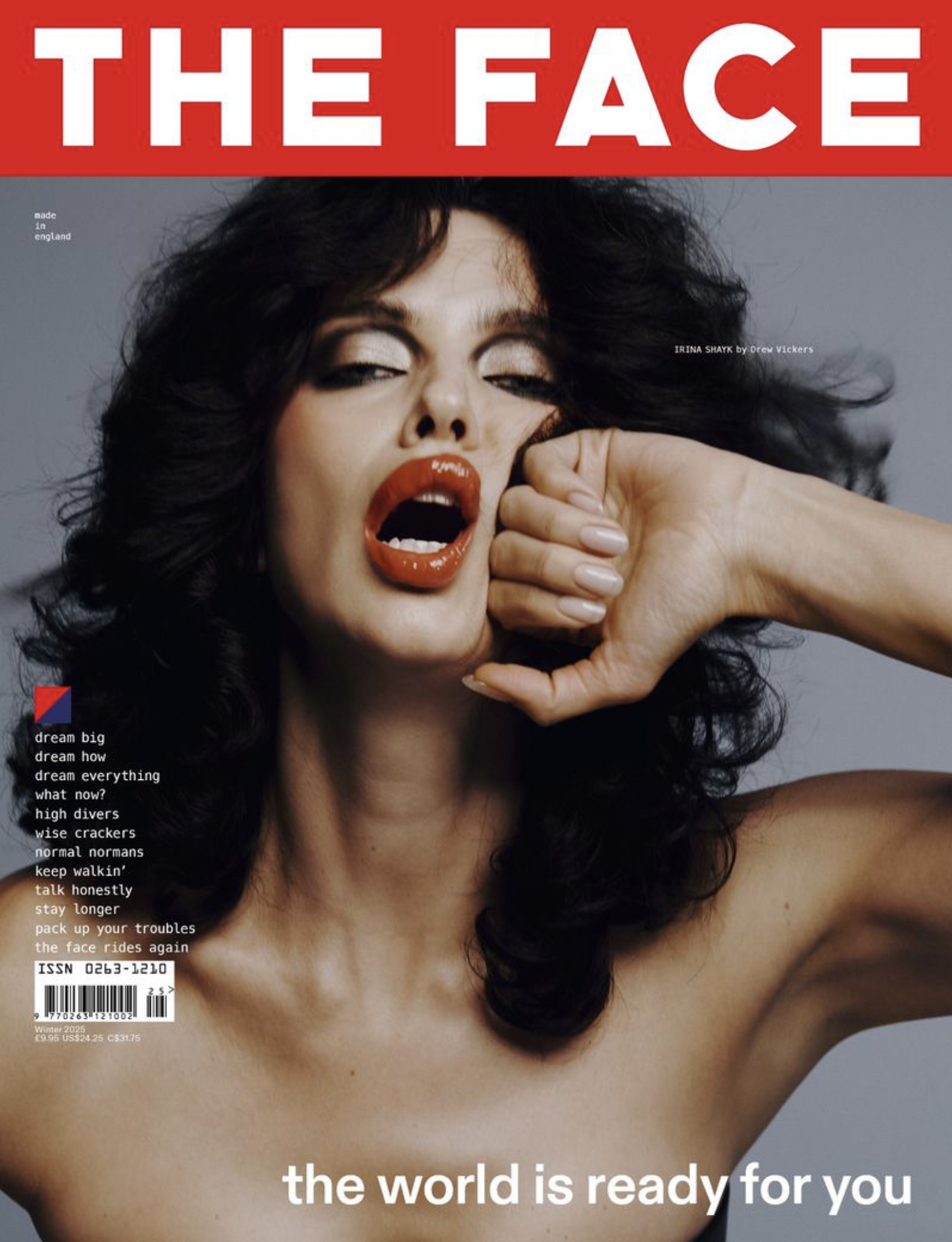Updates on Hormone Replacement Therapy & Menopause
/Today’s NYTimes carries a major feature Menopause, as Brought to You by the Drug Companies.
The title alone tells us that the article is hardly unbiased in its objective. Every woman — and her partner, husband, lover — owe it to their relationship/marriage to have a point of view on this topic.

In spite of the ‘tone’ of the NYTimes piece, the symptoms of menopause are hardly in a woman’s head. My only objective in this conversation is that women are accurately informed about the risks and rewards of taking hormones during and perhaps after menopause.
I personally would not take Prempro and similar ‘altered’ hormones, preferring the bioidentical route, which for me also includes testosterone.
This decision remains the best one that I could make for my overall health objectives. I continue to take hormones and based on current scientific research, have no intention of stopping. My female doctor agrees with this decision.
Being an avid reader of the literature about menopause and female sexuality in general, my own response to this article Menopause, as Brought to You by the Drug Companies includes these thoughts:
Hormone Replacement Therapy Is a Holistic Discussion
The study of whether or not to take HRT is an ongoing research process. Certain medical research headlines (or now legal settlements) capture the headlines, creating a false impression of the issues around HRT usage. By definition these oversimplistic headlines never tell the whole story.
We live in a bullet-point world in America, and this is how we want our news delivered. Black and white, bottom-line the topic: should I or should I not take hormone replacement therapy? Tell me, so I can get on with my life.
I read this week what’s an irresponsible report on hormones and breast cancer from a nationally-known author, who blames HRT on her own breast cancer. She cites the 7 percent national decline in breast cancer after many women abandoned HRT dearlier this decade, with the publication of The Women’s Health Initiative study.
Earlier this week, US News and World Report (and other medical media) published an analysis long-stated by some medical researchers, if not malpractice lawyers looking to make milliions from suffering women, that only 3 percent of the decline can be attributed to stopping HRT. Over half of the decline comes for other reasons. Yet this woman will influence large numbers of readers about HRT, as will today’s NYTimes feature.
There will never be a totally clean slate of health on HRT. The most recent survey of the science around HRT was published in late October 2009.
The pros and cons of HRT are stated in this major review of all the research studies, with a special focus on women who began taking HRT at the onset of menopause. These results interest me the most. I’m also focused on longevity issues, not the incidence of breast cancer, for example.
There is no breast cancer in my family. Based on current useage, HRT does carry an elevated risk of breast cancer, but also a host of benefits. Each woman must do her own research on this topic, applying the risks to her own medical history as I’ve done with mine.
There are moments when reading about HRT sounds like Climategate. People want 100% assurance that the research confirms the future outcome. From my perspective, life is not organized this way. Living is an ongoing series of probability theory decisions made with the best evidence possible.
The day I arrived in my doctor’s office with a printout of The Women’s Health Initiative study on HRT and a list of questions, she told me I was the first patient to do so.
Big Pharma and HRT
 There is no doubt that the pharma companies have a vested interest in selling hormones to women.While the frustration with the medicalization of menopause is justified, we live in a capitalist enterprise system.
There is no doubt that the pharma companies have a vested interest in selling hormones to women.While the frustration with the medicalization of menopause is justified, we live in a capitalist enterprise system.
The adjectives used to describe menopause have always been part of a system of patriarchal attitudes that says unkind words about aging women.
The sexuality of older women in France, Italy and Brazil is celebrated. In America, we want California-dreaming girls.
The big pharma companies didn’t invent this perception of women. It’s part of the DNA of American women, based on our cultural love of new. America has always been a ‘disposable’ society that celebrates ‘out’ with the old and ‘in’ with the new.
There are many women who believe that ‘tampering’ with menopause doesn’t allow women to grow old gracefully. Similarly, women object to the medicalization of lack of sexual desire, seeing it only as another opportunity for big pharma to get American women hooked on pills, as they have depression pills.
These issues should be debated on a cultural basis, not only as criticisms of big pharma. I do admit that the marketing power of big pharma can convince women of just about any medical condition they decide to pursue.
Women do have brainpower of our own, however. In the age of the Internet, informed women can make their own decisions about how we want to lead our lives.
For me, retaining my physical vitality, not only sexual vitality, is key. If estrogen replacement increases the likelihood of breast cancer, it has established credibility in enhanced brain functioning. Today’s big pharma companies are researching how to bypass the carcinogenic component and keep the estrogen?
Do we really want them to stop the research? I do not.
As I wrote a year ago, I have way too much living to do and Bioidentical Hormones Have Redefined Me. Anne
More reading
 Bioidentical Hormones Have Redefined Me
Bioidentical Hormones Have Redefined Me

Young Body Equals Longer Life & Good Sex Helps, Too





























